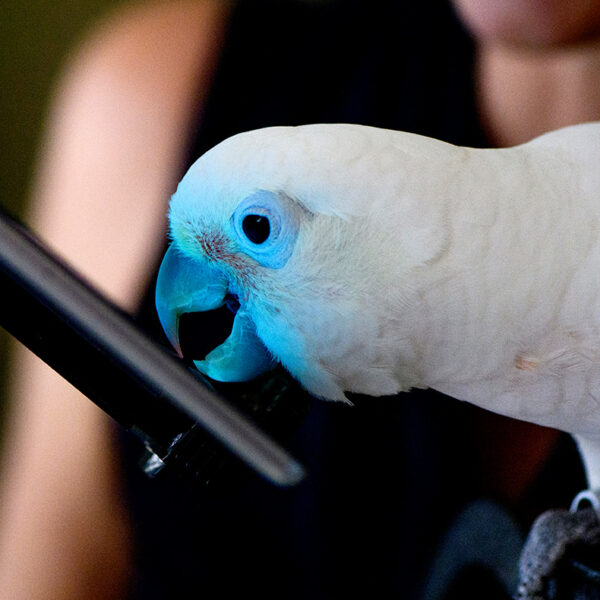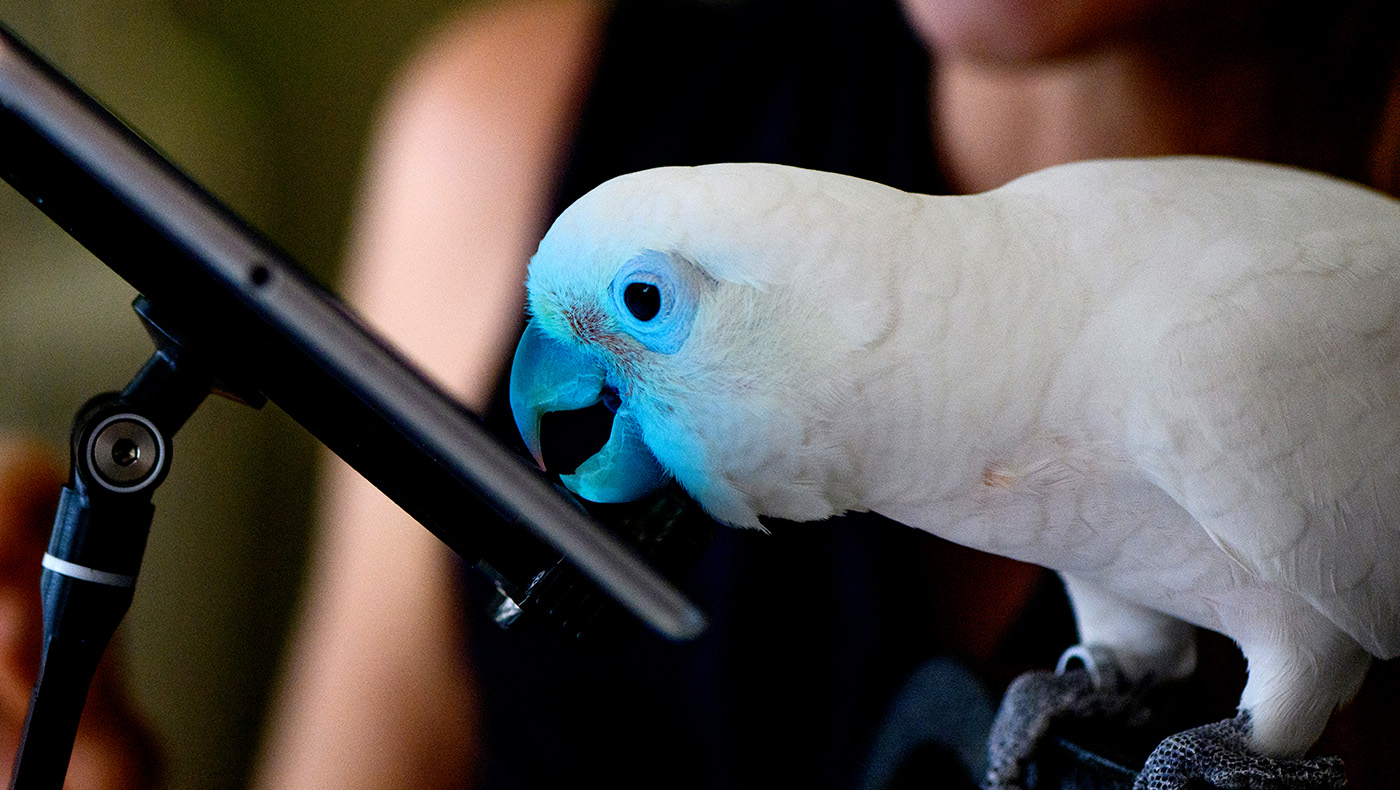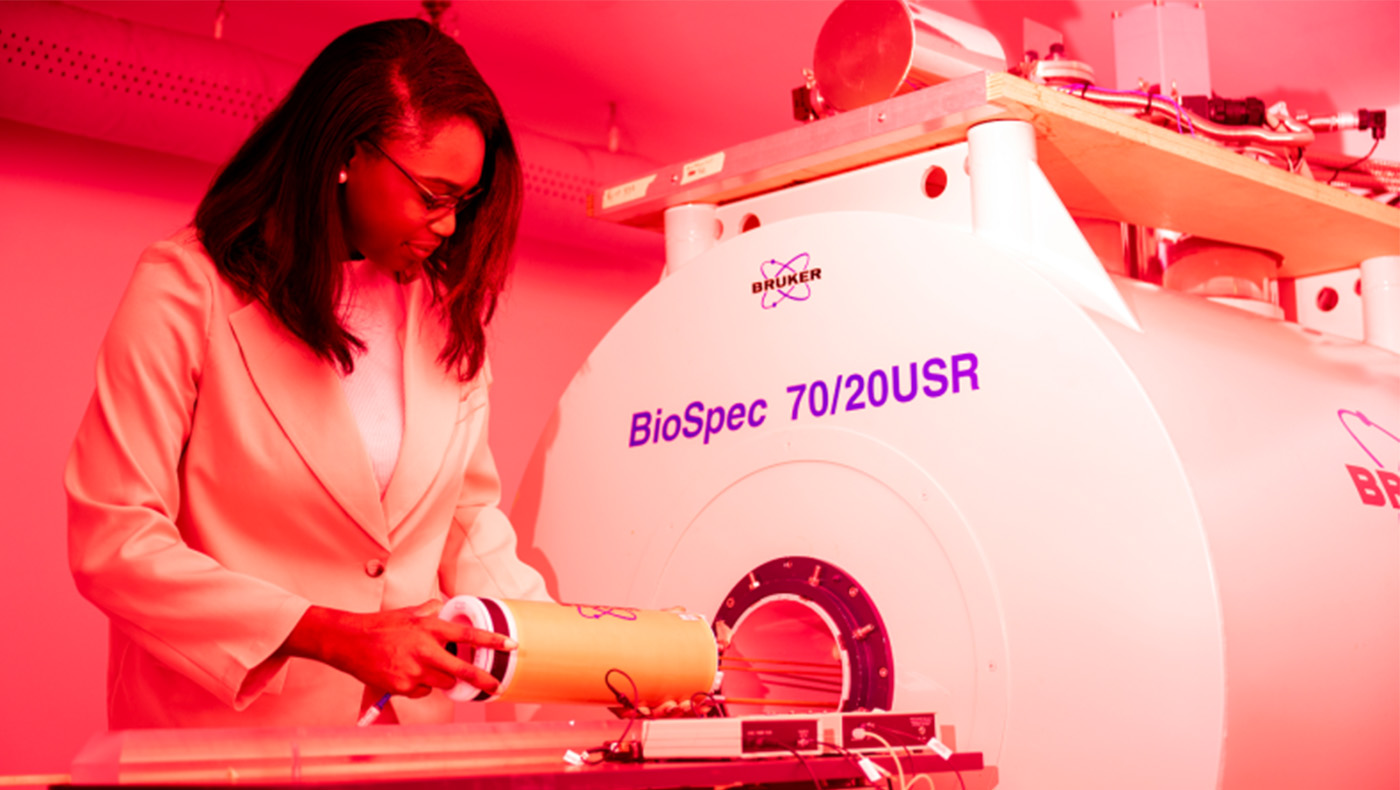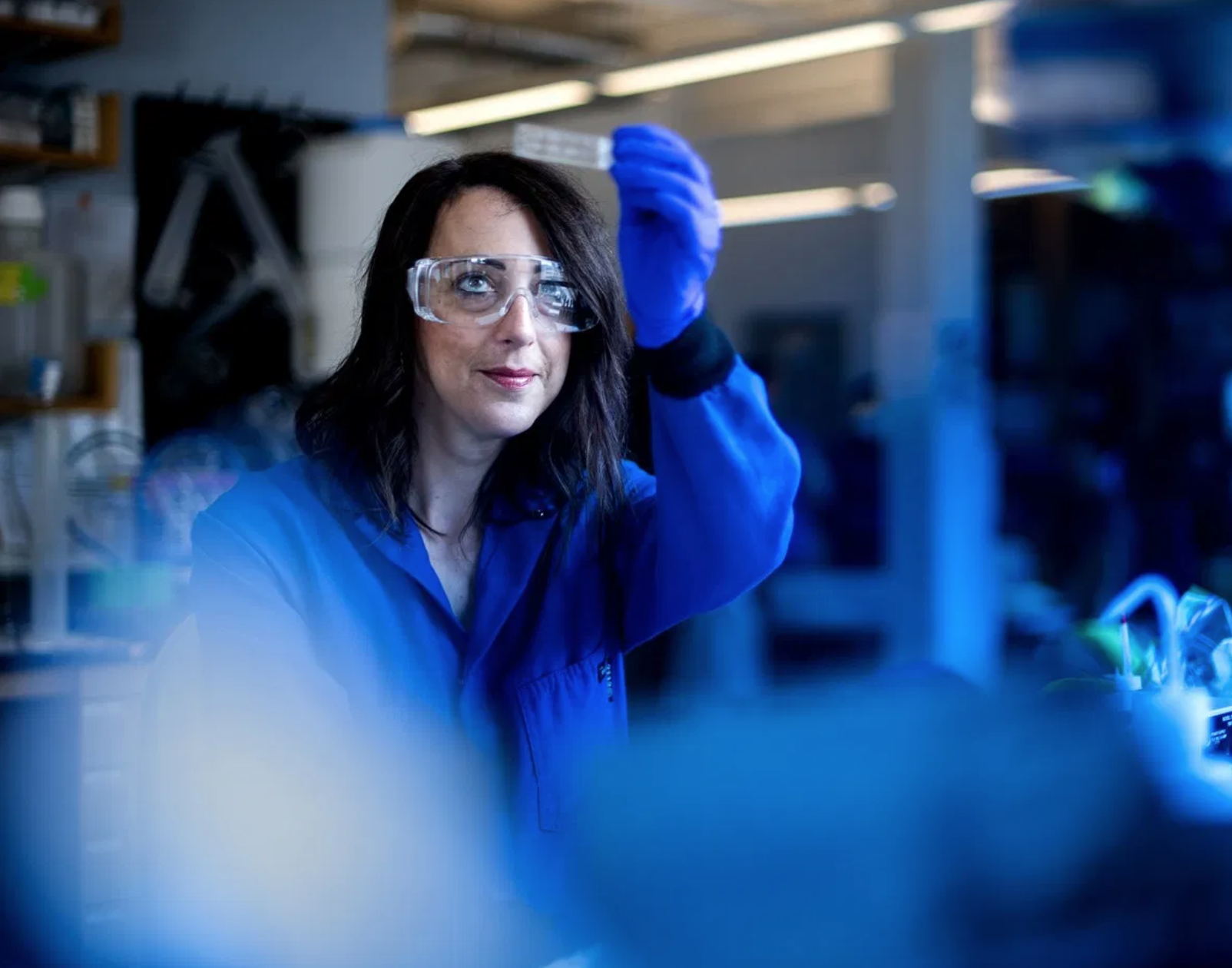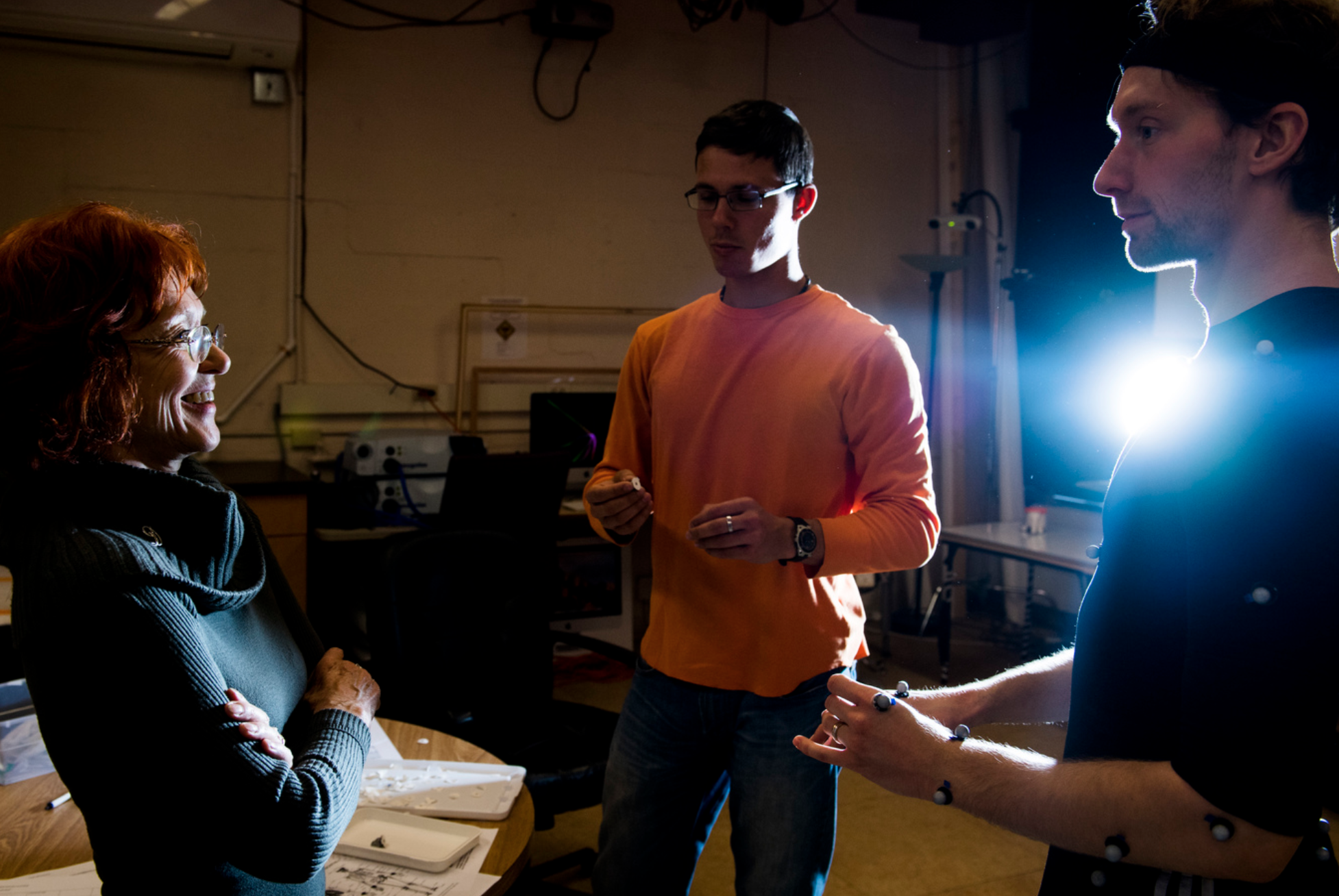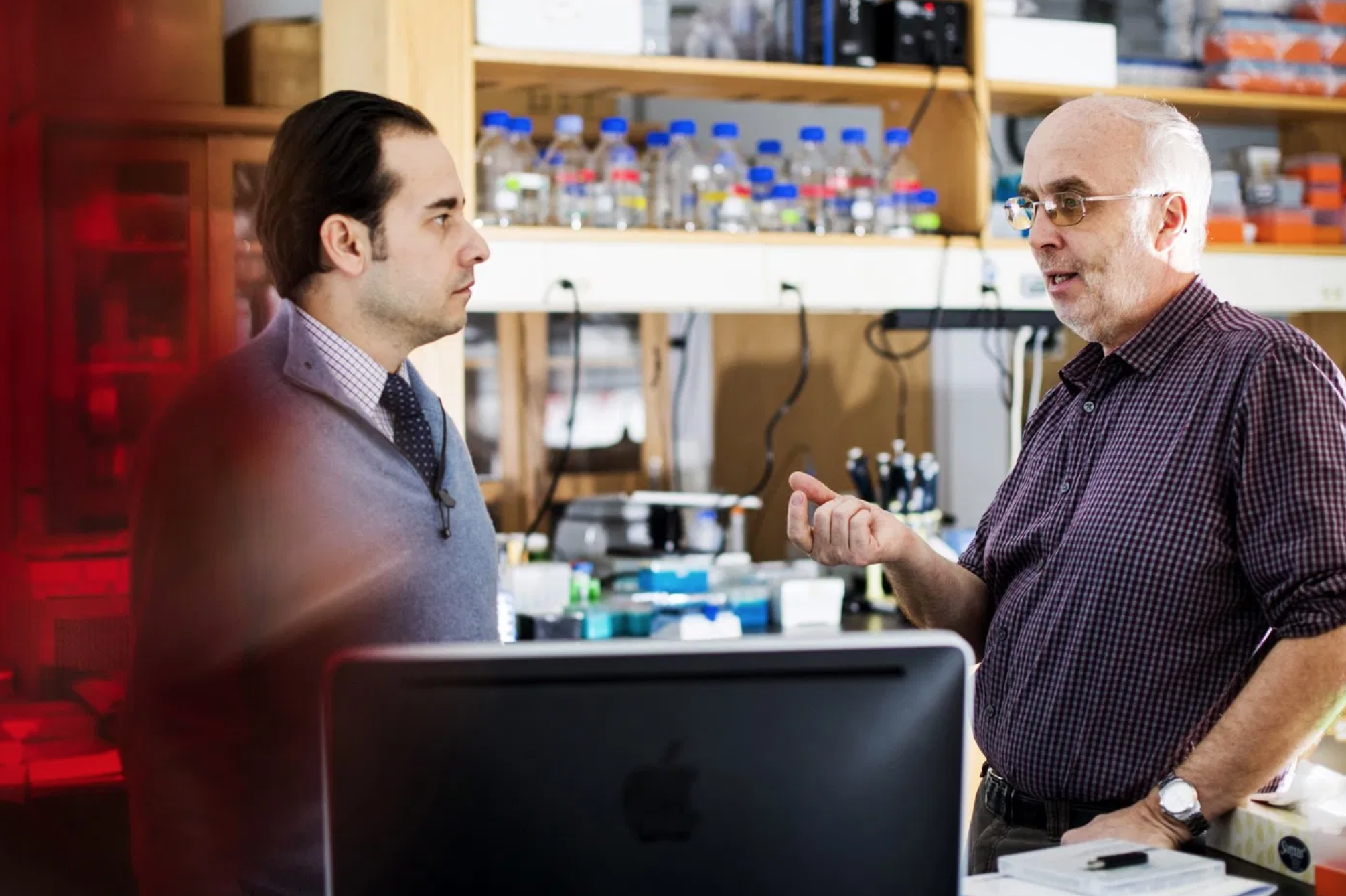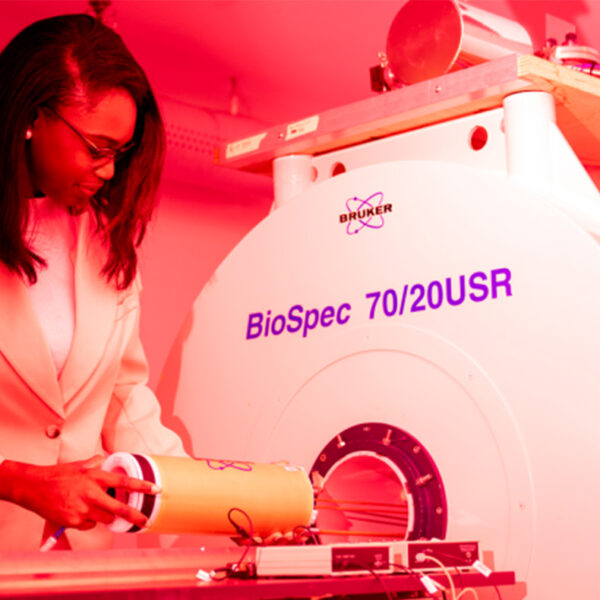Behavioral Neuroscience
Journey to the Start
The Behavioral Neuroscience program, one of the most established programs in the United States, seeks to trace the connections and uncover the nature of how these mysterious transmissions transform from thoughts into actions.
Einstein once wrote that “The world we have created is a product of our thinking; it cannot be changed without changing our thinking.” Discoveries, innovation, languages, social progress, even entire societies were built on humankind’s actions, as driven by its thoughts.
Yet at its base level, an idea is nothing more than an electro-chemical reaction, with neurons delivering rapid-fire messages across the synapses in our brains. To understand how thought becomes action, we must start where thought begins — within the brain structures and mechanisms themselves.
It is within these physical transmissions that a beautiful and complex mix of communication is taking place. Interpretations, reasoning, and learning are happening here, all at once. And somehow, this cacophony of lightspeed movement harmonizes together to form the endpoint that drives actions and behaviors themselves.
Diversity & Inclusion
The College of Science supports a culture where each person feels they belong, regardless of race, color, religion, religious creed, genetic information, sex, gender, gender identity, sexual orientation, age, national origin, ancestry, veteran or disability status. We celebrate the diversity of our community, and we seek to expand representation to further excellence. We commit to be a College where members act with respect, trust, collaboration, and communication, and where inappropriate behavior is reported and acted on without fear of retaliation.

People
PreMed & PreHealth
Our PreMed and PreHealth Advising program offers personalized expertise to COS students pursuing careers in health careers. This comprehensive program includes application guidance, workshops and presentations, course mapping and more.
LEARN MORE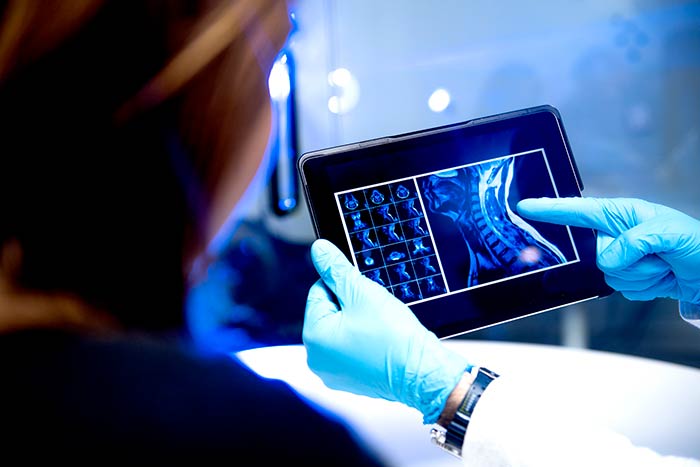
Reviews major experimental approaches and key concepts used in behavioral neurobiology. Topics covered include spatial orientation and sensory guidance, neuronal control of motor output, neuronal processing of sensory information, sensorimotor integration, neuromodulation, circadian rhythms and biological clocks, behavioral physiology of large-scale navigation, neurobiology of communication, and cellular mechanisms of learning and memory.
Explores our understanding of the physiological and cognitive aspects of fear, from early theories of emotion to current research in both humans and animal models. Emphasizes linking brain structure to function—how do different brain regions contribute to fear processing and expression? Also focuses on psychiatric illnesses whose symptoms suggest a maladaptive fear response, such as post-traumatic stress disorder and phobias.
Presents an overview of the field of behavioral endocrinology from a psychological perspective. Examines how hormones influence brain structure and function; how hormones affect behavior and vice versa; sex differences in brain and behavior; and the role of hormones in mood disorders, cognition, and stress.
Events
News
